MENTOR presents at a MoH event in Burkina Faso
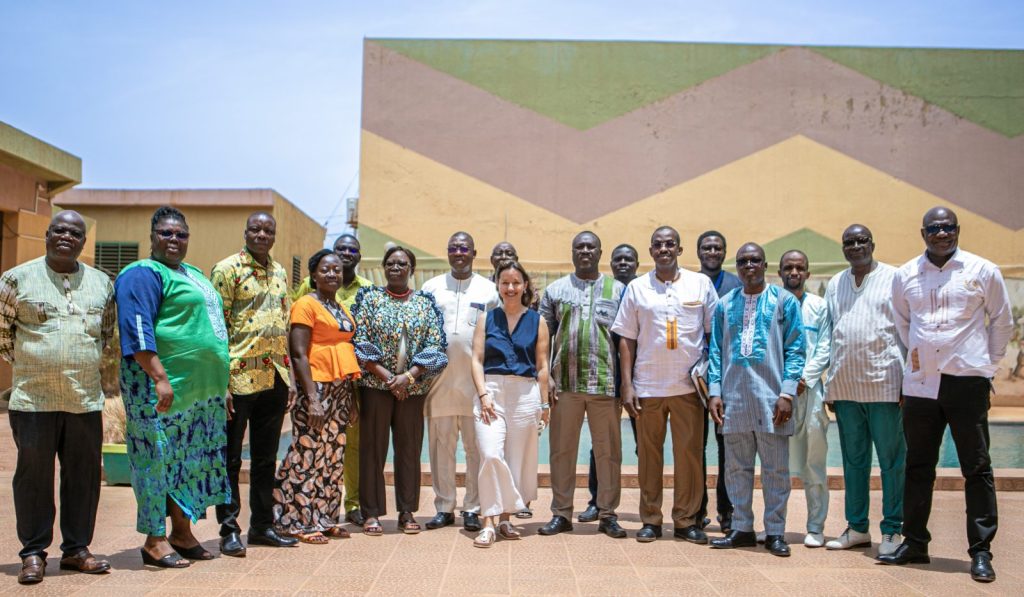
The MENTOR Initiative held an event last Friday to formally present the organisation to senior members of the Ministry of Health and relevant partners in Burkina Faso. MENTOR’s expertise in vector control, particularly through an integrated vector management approach, was highlighted as essential in Burkina Faso where vector-borne diseases are increasing, and an integrated approach […]
World Malaria Day
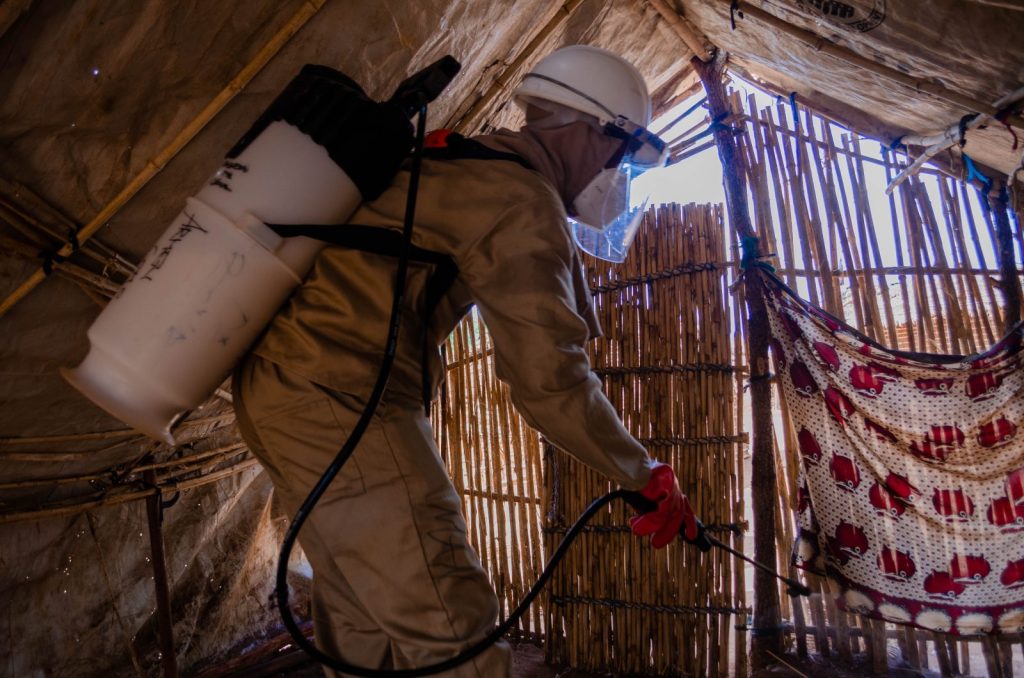
MENTOR’s priority has also been malaria control in vulnerable settings – where people are most at risk because of factors such as conflict, extreme weather, forced displacement and a lack of healthcare. For over 20 years we have adapted and expanded how we work to respond effectively to public health challenges and the behaviour and […]
World Health Day
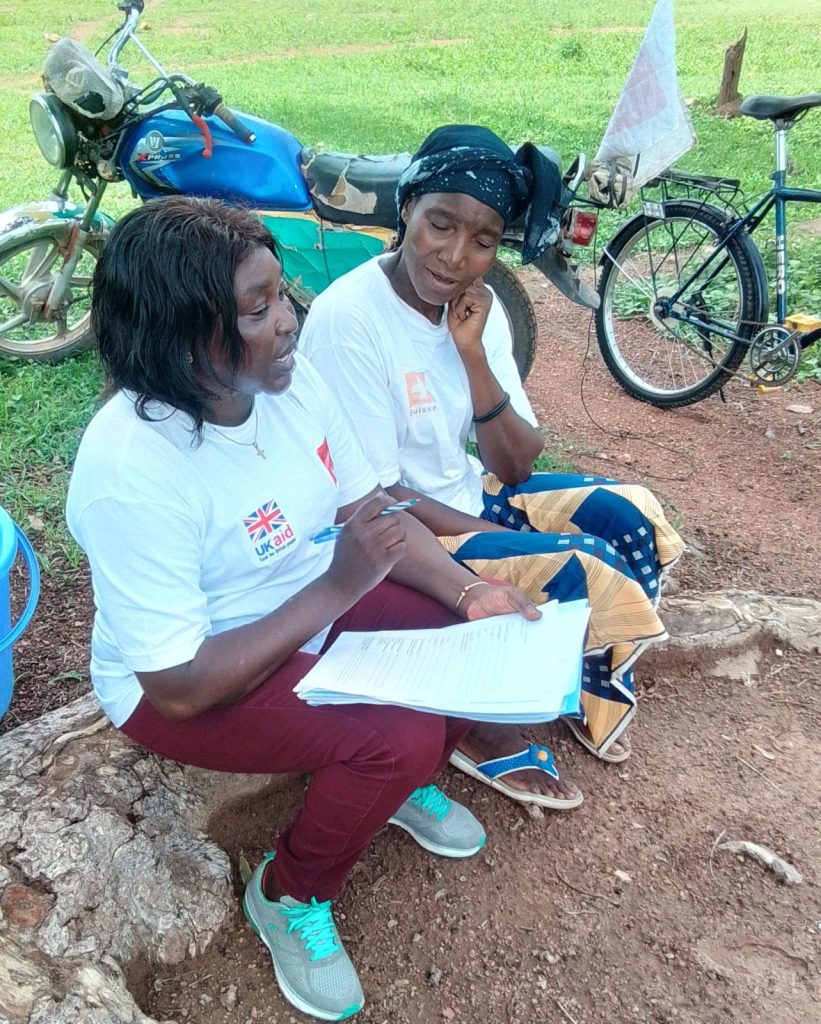
World Health Day (7 April) marks the start of a campaign titled Healthy beginnings, hopeful futures focusing on helping every woman and baby survive and thrive. So how can pregnant women and mothers with babies in conflict settings, often forcibly displaced, and exposed to deadly diseases and other threats be best supported? The protracted humanitarian […]
Cholera threat rises after third cyclone in four months hits northern Mozambique
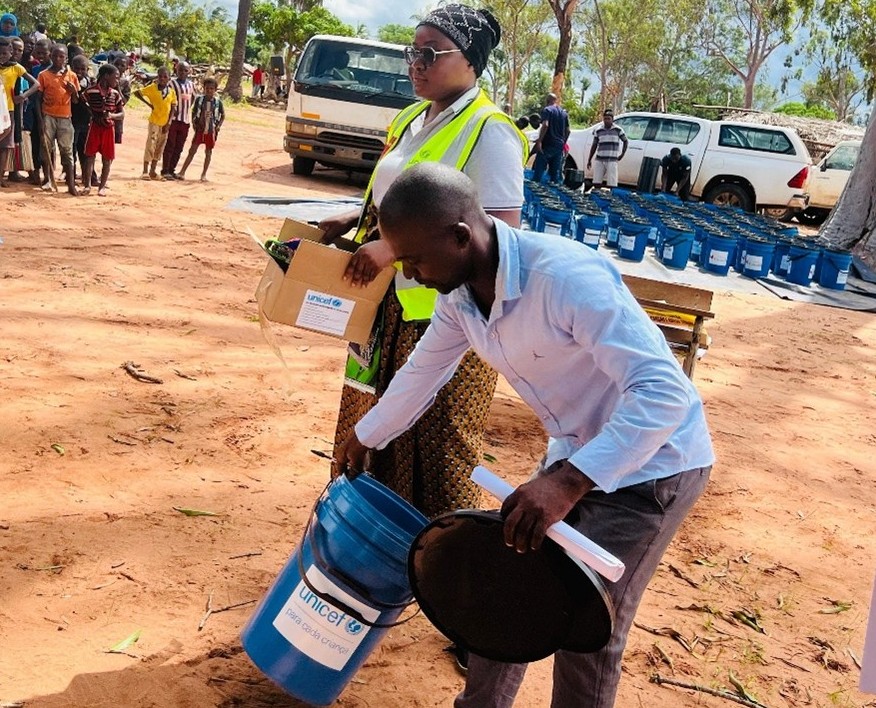
On 10 March Cyclone Jude made landfall in Nampula Province, Mozambique devastating communities already struggling to rebuild their lives after cyclones in December (Chido) and January (Dikeledi). High winds and heavy rain have made roads inaccessible, damaged infrastructure such as schools, water systems and health units, and led to power outages across the area. The […]
Indoor residual spraying addresses high rates of malaria in northern Nigeria
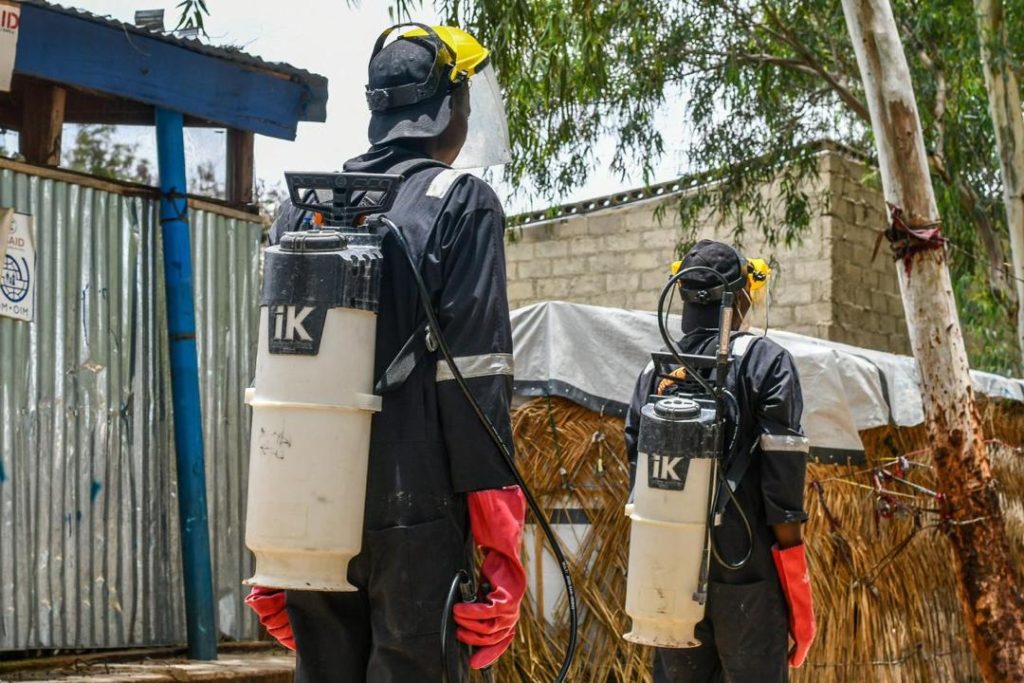
“After the flood disaster there were a lot of insects, especially the mosquitoes which really increased. Since MENTOR sprayed insecticide inside our houses there are no mosquitoes nor other insects.” – Aisha Muhammad, Bollori 2 ward, Maiduguri. In February, an indoor residual spraying campaign in flood-affected northern Nigeria was carried out to protect over 44,000 […]
New invasive mosquito detected in Angola
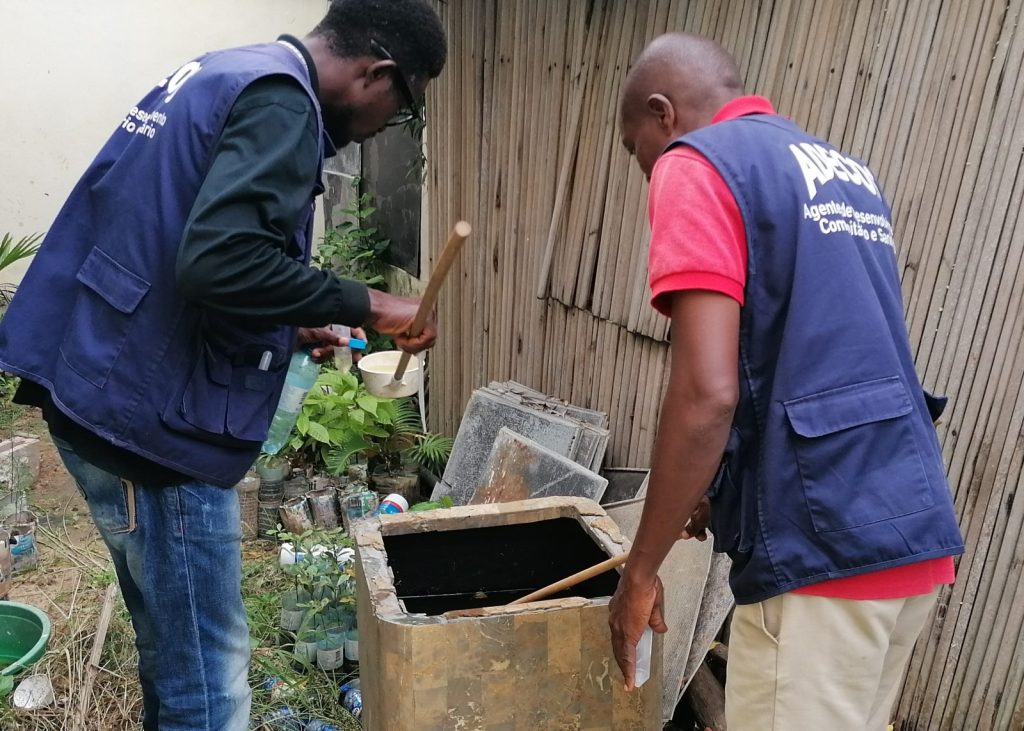
New research published in the Parasites & Vectors Journal, co-authored by MENTOR entomologists Gonçalo Martins Alves and Arlete Troco, reports the first detection of the Asian tiger mosquito (Aedes albopictus) in Angola. This important discovery was made during surveillance efforts supported by MENTOR targeting Anopheles stephensi – another invasive species – at key points of entry […]
International Women’s Day
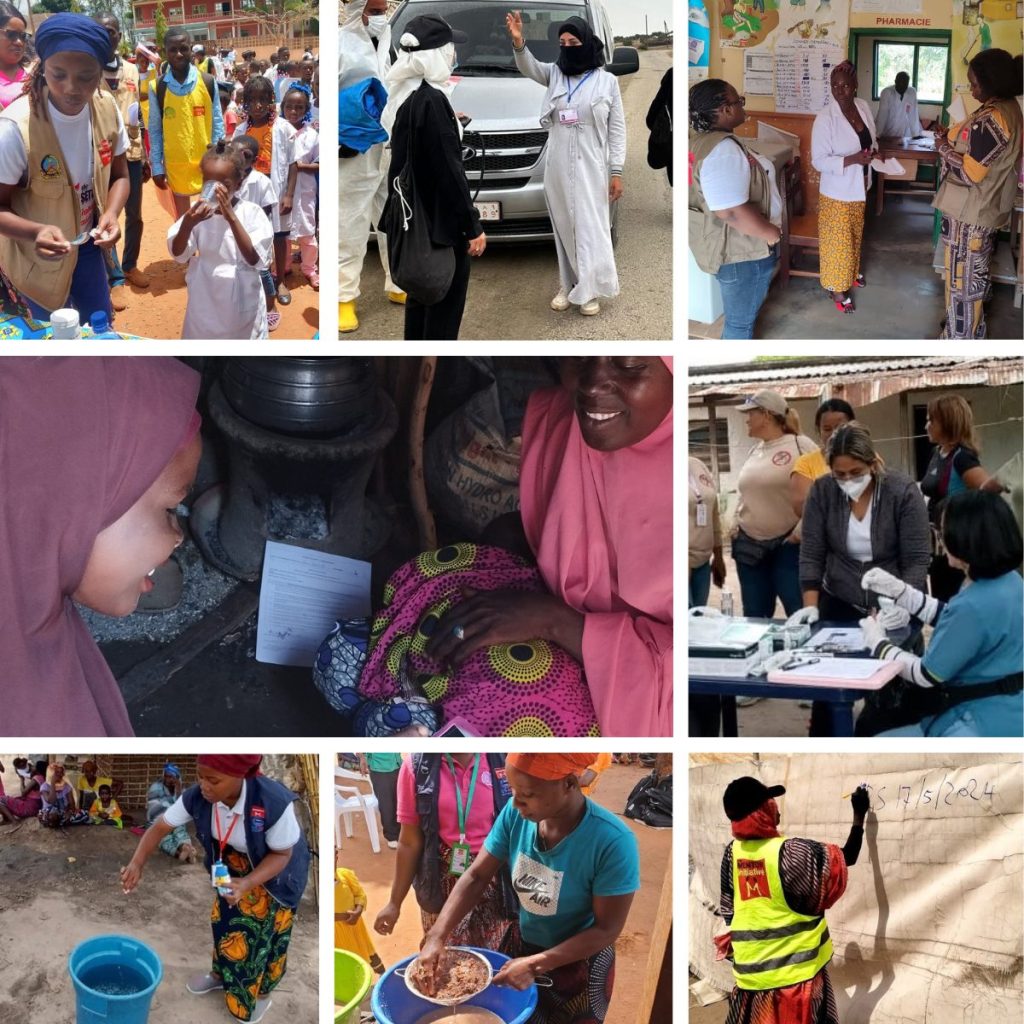
Today and every day we are grateful for the dedicated, amazing women in the MENTOR team and all those working in the humanitarian and healthcare sector who face innumerable challenges helping to protect and save lives. 💜 📷 Pictured (clockwise from top right) Health facility support in Central African Republic; dengue testing in communities in […]
Critical healthcare support after flooding in northern Nigeria last year

MENTOR continues to provide critical services and strengthen health systems in Maiduguri, Nigeria after flooding last year caused widespread damage to healthcare facilities, schools and other infrastructure, and the displacement of close to 400,000 people. The severe flooding impacted communities already struggling from the socio-economic crisis in the region, high rates of diseases and malnutrition, […]
Ensuring safe drinking water in Cabo Delgado Province
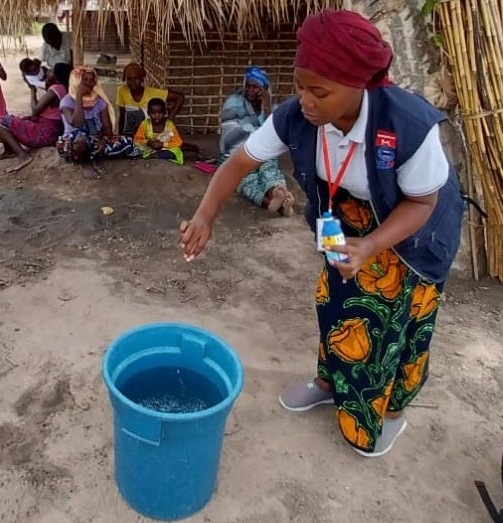
Water-borne diseases from unsafe drinking water are a significant risk for people in fragile settings and especially dangerous in children under five-years old. In low-income settings diarrhoeal diseases such as cholera and typhoid are the second leading cause of death in young children. (source: WHO) Water purification using chlorination is one simple, cost-effective solution to […]
Aedes prevention in Venezuela
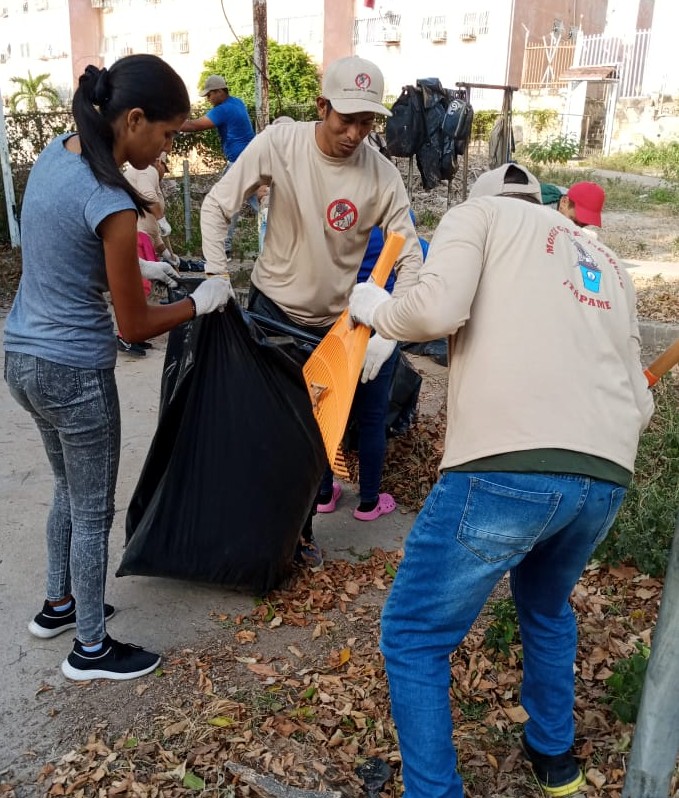
Community cleaning days targeting the removal of even the smallest containers in Venezuela are preventing the spread of infectious diseases by reducing the waste in which the Aedes aegypti mosquitoes breed. In urban areas solid waste management and removing potential breeding sites is critical to prevent the diseases Aedes mosquitoes transmit such as dengue, Zika […]
